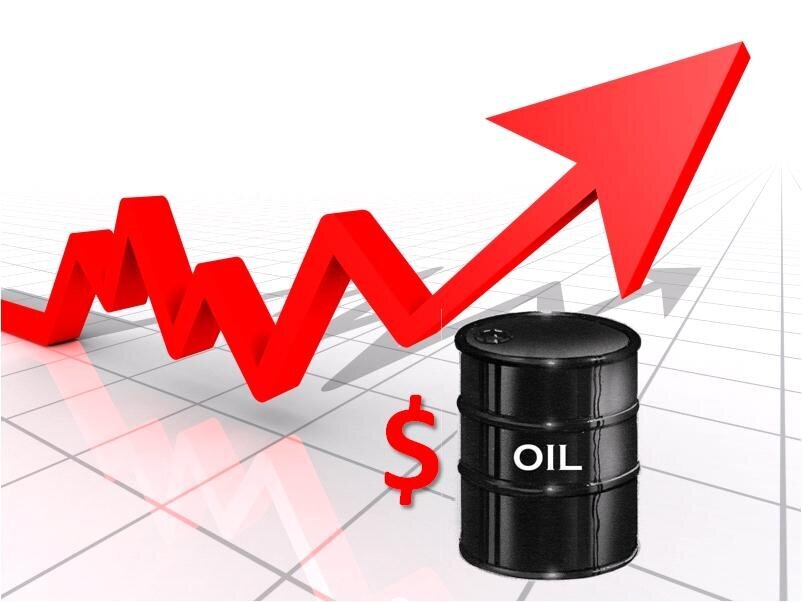Repayment of Loans in Advance(5)

Category 4
If the consumer's funds are only in the bank, will not be used in the near future, the rate of return is the deposit rate, two compared, the loan rate of 6.5555%, the one-year deposit rate is only 3.87%, the loan rate is significantly higher than the deposit rate, in this case the funds for early repayment is more appropriate. If consumers have better investment and financial channels, such as investment in funds, foreign exchange and other financial products, and the ability to operate funds is relatively strong, can obtain a higher rate of return, the proceeds generated by funds than the interest saved by early repayment, then from the use of liquidity, this part of the consumer does not need to use funds for early repayment.
Interest calculation
As the borrower's business conditions or other circumstances may change, there are times when the borrower does not need the funds borrowed to repay the loan in advance. If the parties agree on early repayment in the loan contract, they shall, in accordance with the agreement, determine whether the loan has agreed and how interest is calculated. If the parties do not agree on early repayment in the contract, and the advance repayment does not harm the interests of the lender, the interest may be calculated in accordance with the actual period of the loan without the consent of the lender; if the advance repayment harms the interests of the lender, the lender shall have the right to refuse the borrower's request for early repayment. If the lender agrees to early repayment, it shall be deemed that the lender agrees to change the performance period of the contract, and the borrower shall pay interest to the lender in accordance with the period of the change, i.e. during the actual borrowing period.
There are two main situations of changes in repayment interest
1. For example, after the repayment has been partially repaid, if the equivalent principal repayment is used, then the interest will be gradually reduced with the reduction of the repayment of interest.
2. Another situation is that when you encounter a change in national policy, such as an increase in interest, then the repayment date, such as May 1st, just in time for the Policy of June, then your interest will change on The First Day of the following year with the policy change.
Loan default
In order to limit early repayments, some lenders have come up with a concept called substantive early repayments. Lenders have different criteria for substantive conduct, but generally means that within 12 months, the borrower's advance payment amount exceeds 20% of the principal balance. Some banks, under this concept, require borrowers to pay default payments for early repayments.
An early repaymeInt of a default payment is a mutually agreed clause in the contract between the borrower and the borrower will pay a default payment once the borrower pays off the entire loan, or most of the principal amount, in advance within the specified time. Default payments are generally calculated as a percentage of the outstanding balance at the time of early repayment (generally 2 to 5 per cent); However, the maximum amount of breach of contract is subject to the contract or law.







